Throwback Thursday is when we trawl through the That's archives for a work of dazzling genius written at some point in our past. We then republish it. On a Thursday.
By Leslie Jones. Photos by Nicky Almasy.
Wuxi is brown and hazy, with a trace smell of burning in the air that attests to its status as an industrial hub. Yet not far from the center of this Jiangsu Province city lies a red-brick high school with a grassy field, a mound and a diamond. This is where Major League Baseball has built its Chinese field of dreams, hoping to produce a player who will ascend into the professional ranks of American’s favorite pastime.
On a sunny May morning the boys are suited up and seated in the dugout that Rick Dell, MLB Director of Baseball Development for Asia, helped build. They’re about to beat a team flown in from an American School in Japan, never mind some of the American School kids are already signed up to play college ball.
“At first people would say ‘There’s very little baseball in China, baseball isn’t that popular here,’ like they almost felt sorry for me,” Dell recalls. “I don’t get that anymore.”
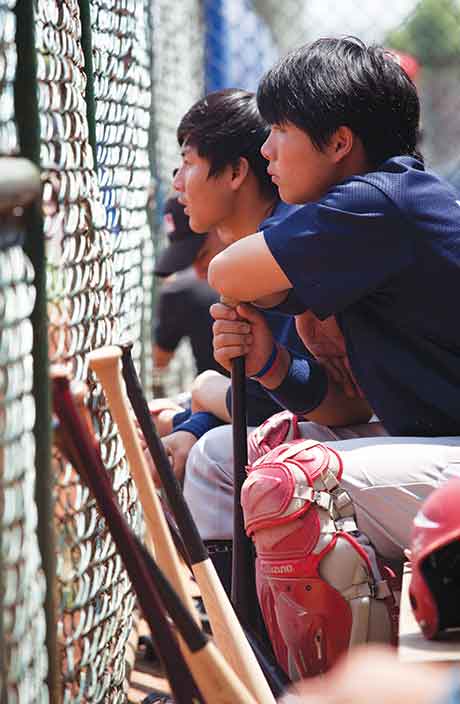
Established in fall 2009, the Wuxi Development Center at Dongbeitang High School is presently home to 37 teenage boys, handpicked by the MLB from 11 provinces. They live at the school for all but two weeks of the year; those from far flung Xinjiang and the Tibetan Plateau only make it home at Spring Festival. Now their teammates are their brothers.
They sleep in dorms with metal bunk beds and mosquito nets. Each room has a giant framed MLB logo and lockers decorated with baseball pendants. Down the hall, there’s a library where they can checkout baseball DVDs and baseball magazines from Taiwan. At the end of each month, the guys with the cleanest room get a free buffet. That’s a pretty good motivator, says Coach Mike Griffin, as “they like to eat.”
Fifteen-year-old Kang ‘KK’ Yunfeng moved to Wuxi from a village in Hebei Province when his parents took jobs in a plastics factory. Kang says he’s always thinking about baseball. Even when they aren’t practicing, the other guys and he will play little games.
 “I love short stop because I like to throw long.” Kang says. “I’m weaker at batting, trying to work on that.”
“I love short stop because I like to throw long.” Kang says. “I’m weaker at batting, trying to work on that.”
Unlike basketball, where raw athleticism and size often separate true contenders from mere mortals, baseball doesn’t rely so heavily on brute physicality. But a boy who doesn’t start learning by his early teens has dim hopes.
Dinesh Patel, an intern coach in Wuxi, is the likeliest thing baseball has to a chance discovery. Patel was a javelin thrower who grew up poor in northern India. When reality TV show The Million Dollar Arm came to town to lure cricket players into baseball with cash prizes, Patel tried out, threw an 87-mph pitch, won US$2,500 and six months of training at the University of Southern California before being vetted by MLB scouts. He played for a season with the Pittsburgh Pirates, was written up in Sports Illustrated and even got to meet President Obama. Now, at age 23, he’ll likely return to India after Wuxi to work for the MLB.
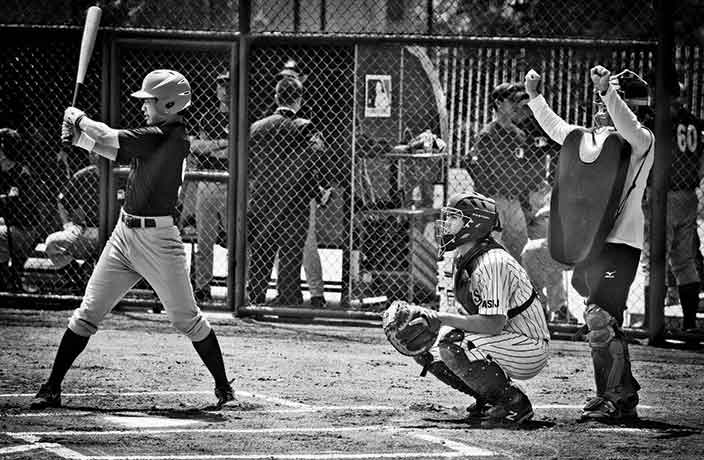
It’ll take a lot to find a player who will do for the MLB what Yao Ming did for the NBA. The MLB folks are quick to emphasize the Wuxi Development Center, and its sister program in Changzhou, is just one part of their grassroots China strategy. There are 120 elementary schools throughout China with MLB-sponsored Play Ball programs. They’ve also got a year-round road show, which brings a baseball video game, a baseball card making station and a batting cage to an estimated 2 million Chinese people per year. All of this is just foundation laying, producing an MLB star will be the apex.
“It took the NBA twenty years with no Internet. Hopefully with the Internet we can do it in ten,” says MLB’s Asia vice president, Jim Small, who is based in Japan but spends three months a year in China. By his count the clock started in 2008, when MLB opened its China office.
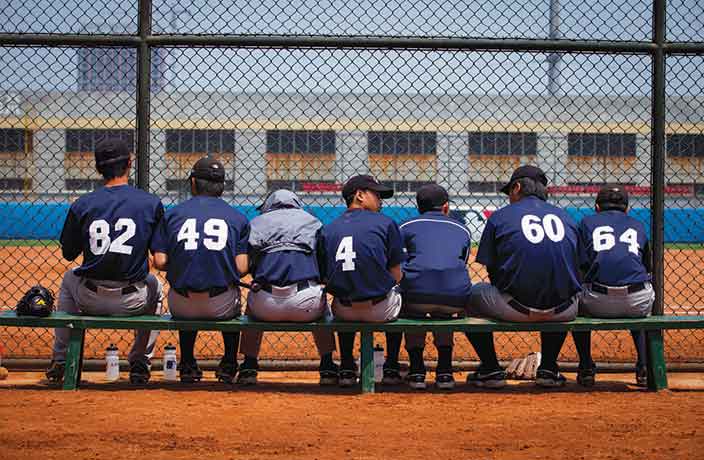
Another advantage basketball has though is it’s been played continuously here for much longer. Chairman Mao loved the sport and encouraged its development, whereas baseball, which had some presence on university campuses starting from about 1895, was wiped out during the Cultural Revolution. Most elementary schoolers playing now are the ones introducing it to their parents, though a few have grandparents who once played.Li Jingtai, an 11-year-old catcher who plays at the elementary school attached to Beijing Institute of Technology, is one such player. His grandfather used to work at the university and play there, though Li isn’t sure how often or how well.
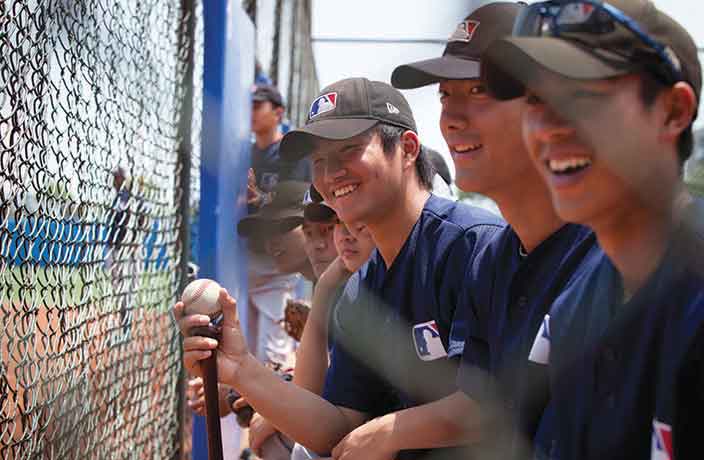
“My parents understand, they’re interested,” he says holding his hat under his chin. Every day after school and also on Saturdays, Li can be found in his blue and whites practicing in the paved school yard or on the narrow dirt stretch, not big enough to call a field, that runs alongside it. Haidian District, where Li’s school is located, is the closest thing China has to a baseball hotbed. Under the direction of a university PE instructor, Li’s school first initiated a baseball program in 1980 and is now a Play Ball powerhouse. They’ve competed in Japan and Taiwan and have sent three players to the Development Centers down south and have one on his way. Li too hopes to be picked, but if not, he’ll continue to play in middle school and high school. There are programs now for older kids that have grown organically out of Play Ball.
For those who make it to the Development Center but don’t become stars, they’re still afforded a better education than they might otherwise get. Unlike traditional Chinese sports training system, where academics are often sidelined for grueling regimens, the MLB program pays for additional English tutoring and coaches meet with teachers frequently to ensure the boys are keeping up in class with their non-athlete counterparts.
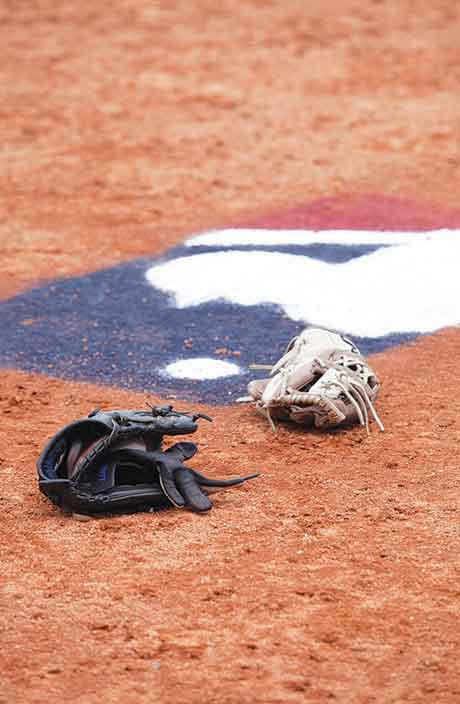
The inaugural Development Center class, who will graduate in a couple years, likely won’t head to the Majors. Most had less than a year of experience when they started at the Center at age 12. Some of the younger ones could be US-bound, perhaps for the Minors, Asia VP Small speculated. Some will definitely go to work for the MLB in China, where they’ll make a career out of sharing their love of the game with the next generation of players and fans.
This article first appeared in the July 2012 issue of That's Shanghai. To see more Throwback Thursday posts, click here.




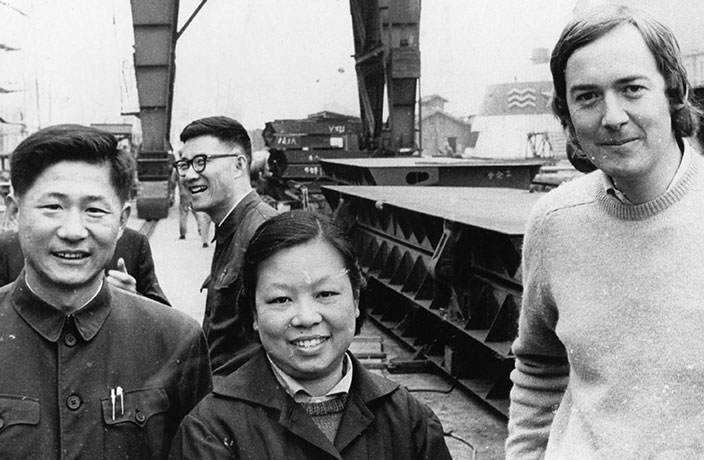
















0 User Comments